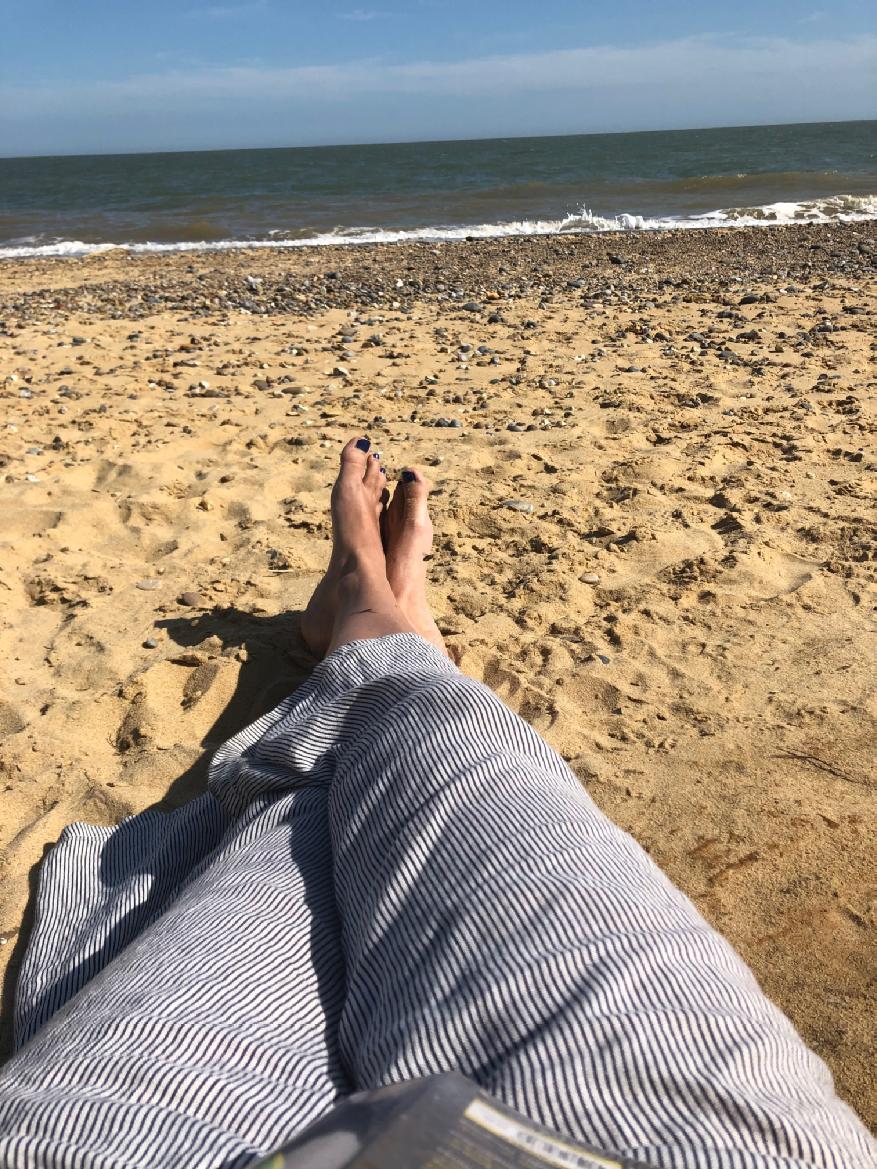My favorite books in Holocaust studies
Often, students ask what to read before the module; or once it's over, what to continue reading. If you are a student about to take the course, and want to do some fun prep reading, my suggestion would be you read the assigned books over the summer (Ordinary Men; Neighbors; Gone to the Ground; Into that Darkness; Molly Applebaum's diary).
Or people ask me about my personal favorite books and essays in the field.
Here comes a subjective, personal list of readings that I very much enjoyed and is available in English (I would have many others in Czech, Slovak, German, or Dutch). Some are new, some are classics. All of the books listed below are in addition to the syllabus, which includes many readings I highly recommend.
I would strongly suggest: buy these books from your local bookshop. Don't support Amazon or Waterstones; they don't treat their employees well.
To start:
Raul Hilberg, The Destruction of the European Jews. Still a classic, and a good place to start.
Saul Friedländer, The Years of Extermination.
To continue:
Alexandra Garbarini, Numbered Days. 14 years after its publication, one of most profoundly intelligent books on Jewish Holocaust history. Starkly beautiful.
Lisa Leff, The Archive Thief - Jewish history against the grain, detective book, trickster biography, and much more.
Devin Pendas, The Frankfurt Auschwitz trial, 1963-65 : genocide, history, and the limits of the law - if you are thinking about going into law, or just enjoy thinking in a legal way. (Pendas has also written several outstanding articles, if you want to read just one piece).
Kim Wünschmann, Before Auschwitz is one of the smartest new books.
A book that was very influential to me as a young student was Susanne Heim and Götz Aly, Architects of Annihilation, but I am not sure it has aged well. Aly is always a smart writer, but his later books are in my opinion a bit demagogic. He wrote two short books that are good summer reads, on Marion Samuel and on Fromms, a condom factory.

